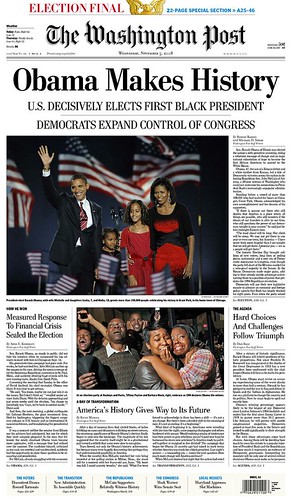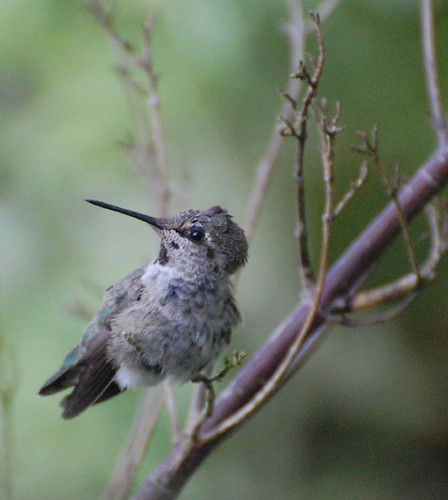The sun is out, the sky is
jewel-blue, the air is warm and sweet with the fragrances of spring. Why, then, do I feel like I’m tied to the
tracks with a diesel locomotive heading straight for me?
Well, for one thing, even the
fact that the weather is so uncommonly gorgeous for this time of year is a
source of worry. If it’s sunny, dry, and
70 degrees now, in the beginning of March, what will it be in the middle of
August? The specter of trying to eke out
our biggest event of the year under relentless scorching sun in 100+ degree
heat does not calm my soul one whit. My personal
philosophy is that worry is pointless and counter-productive, so I try not to
indulge in it overmuch. But money issues
push my buttons every time. Money is the
one thing I can’t seem to not worry
about. So anything that even hints at
the possibility of gumming up our most profitable event of the year pushes
those buttons insistently.
Currently, I’m trying to
scrape together enough funds to even apply to the events we want to do this
year, plus money to purchase the supplies to make the product we’ll be trying
to sell. It’s coming down to the last
penny this year…and we have a load of debt that would tax a team of elephants
strapped to our backs. Not making me
happy. Not at all.
And where is the Spirit in
all this? Sometimes, I just sit and
stare out at the sky and think, “Where are you?
Why does everything have to be such a struggle?” And the answer that comes back to me is
generally something like, “Wait. Don’t
fret. All will be well. You know I provide for you, always.”
To which my inner voice
replies, “Wait? Really? How can you ask this? You know how good I am at ‘wait.’ Are you really asking this of me, or am I just
making it all up because I’m too cowardly to take action?”
It is at these times that the
Almighty does begin to send me signs…messengers… assurances, through the
natural world. Often, I miss the first
one...or two…or half dozen. But the Spirit
perseveres, ever patient, until I finally latch on to the message.
Thirteen years ago, when we
first began our little concession business, venturing out into totally
unfamiliar territory, Eagle was my constant companion. On every trip to wherever we were going,
eagles appeared…out of the woods, soaring overhead, perched in a tree above the
road. “Eagle sightings” on the road became nearly as common as sighting juncos at my backyard feeders. I was thrilled by the presence of Eagle;
something inside me just understood that this was a message, a blessing, a
promise…that we were going in the right direction and that good things were on
our horizon. Some months later, I
acquired my first book about animal spirits and their messages. And I read of Eagle:
If Eagle
shows up, it means: There will be a new
beginning in a positive direction following a recent period of strife, one in
which you’ve gained a great deal of stamina and resilience.
Well, that was certainly true
in 2002, when I was actively recovering from the debacle of my father’s death
and the subsequent upheaval of all my family relationships. I was lost, beaten, somewhat tetherless and
sad…but definitely wiser. The business
start-up was as much a vehicle for pulling me out of my grief and walking in some direction as it was anything else. The Almighty sent Eagle to give me
encouragement and assurance.
But over the next decade,
Eagle gradually disappeared from my life.
Eagle only showed up rarely, sometimes not at all for months at a
time. The café years, in fact, were a
particularly Eagle-less time of my life.
For awhile, I truly believed Eagle had abandoned me; and when I had the
time and presence of mind to notice, it made me incredibly sad.
It’s no secret that those
years left me (again) lost, beaten, somewhat tetherless and sad. The question, since May 9, 2011, has been, “How
long will it take to recover from this?”
If someone had told me then, “Four years!” I think I would have slapped them. And yet, so it has been… an incredibly slow
process of healing my body, my spirit, my marriage. So slow that, for awhile, I despaired of
recovery ever happening. But now…NOW,
when I look back at who and what I was four years ago, I see that healing has taken place. I can once again live a life that is somewhat
measured and thoughtful, rather than one of pure exhausted, over-wrought
over-reaction to any negative stimulus.
I still struggle with it…but I know I’ve made progress.
So it seems the time has
come, finally, to venture back out into the world and make a living. It’s time to resurrect Café de la Rue and try
to take it to a level of success it has not previously known. And to do it from a less than ideal financial
circumstance. Worry, frustration and
trepidation are my constant companions.
Daily, I come to the conclusion that “This is not going to happen.”
And yet…
Two weeks ago, I happened to glance up as a young eagle
soared into the neighborhood and lit in the top of a tall Doug fir not a block
from my back yard. It was so well-hidden
that, had I not seen it land, I would never have known it was there. From time to time, I would grab my field
glasses to check on it…it stayed perched in the tree for several hours.
Last Tuesday, I stopped at
Finley on my way down to Junction City to spend a few days working on business
issues. Not a lot of birds present…but
as I sat gazing out over the marsh, an eagle appeared out of the trees behind
me and soared low over my head (as I struggled, unsuccessfully, to aim my
camera at him/her…)
As we headed home from
Junction Saturday morning through the valley fog, an eagle winged out of the
mist just ahead and floated over the car.
And yesterday, we stopped to
take a quick walk on a beautiful day at the “nuclear park.” The park was full of people on that lovely
Sunday afternoon, so wildlife viewing was not really our aim. Still, a pair of eagles flew in a leisurely
way above our heads and disappeared over the trees to the south.
Eagles, everywhere, once
again. And I can’t pretend I don’t
believe they are there just for me.
That they are telling me something, pointing toward that “new beginning following
a period of strife.”
Life goes on, and the
Almighty never forgets, nor abandons.













